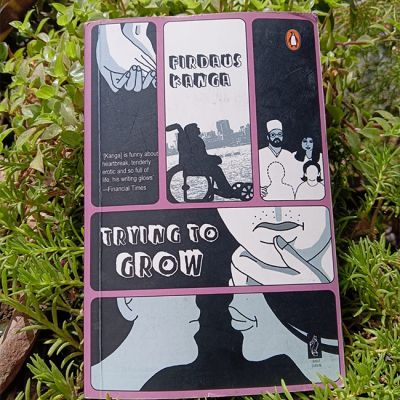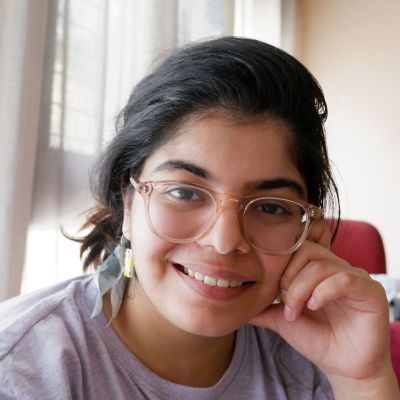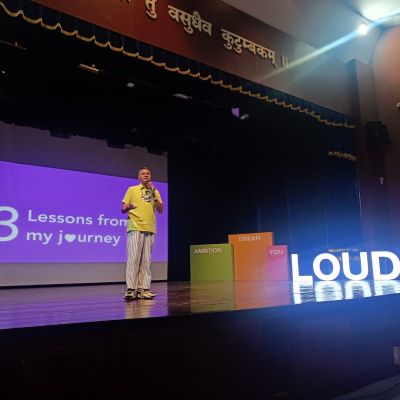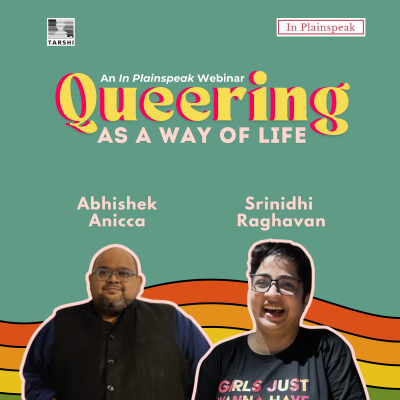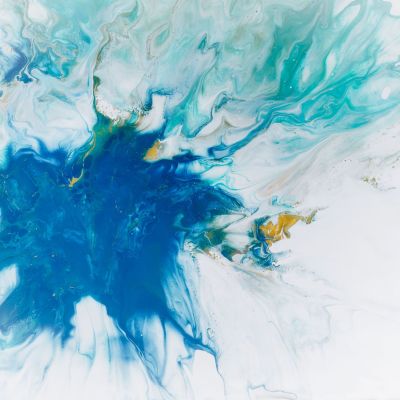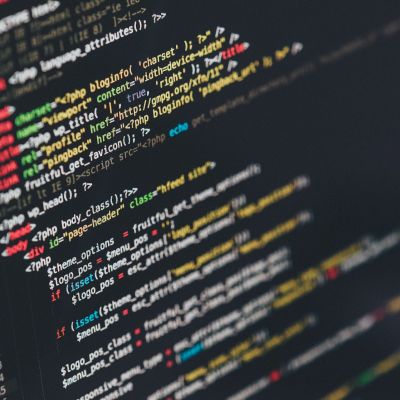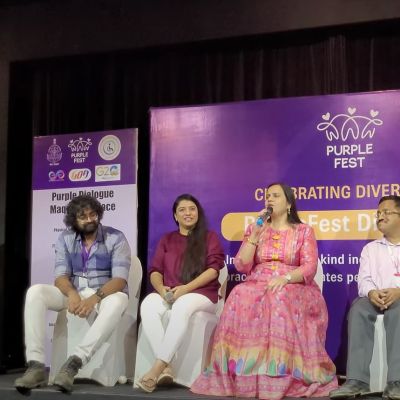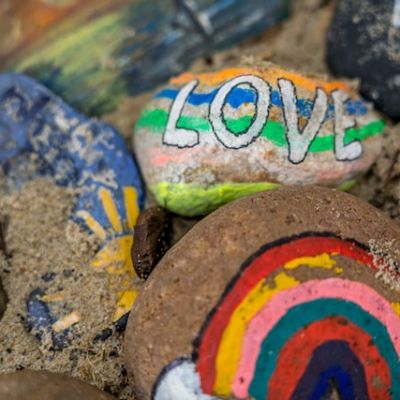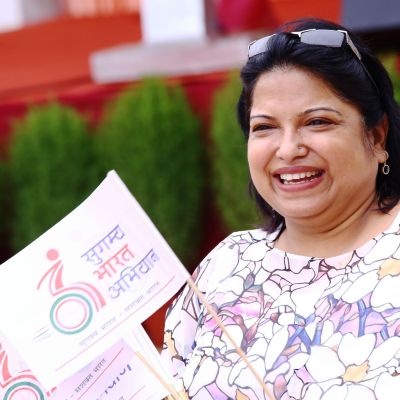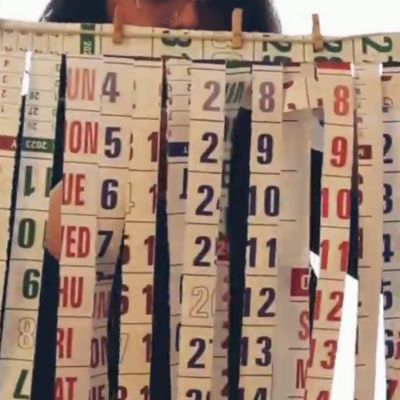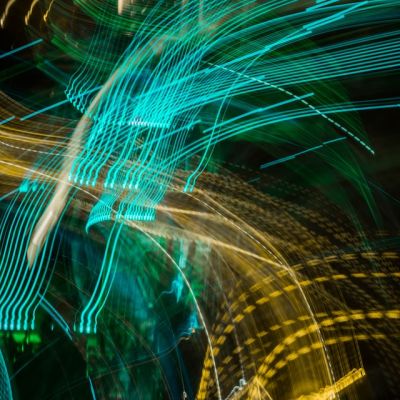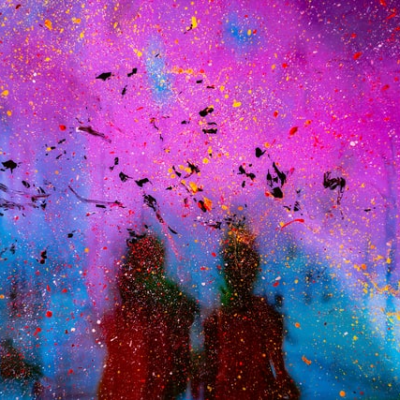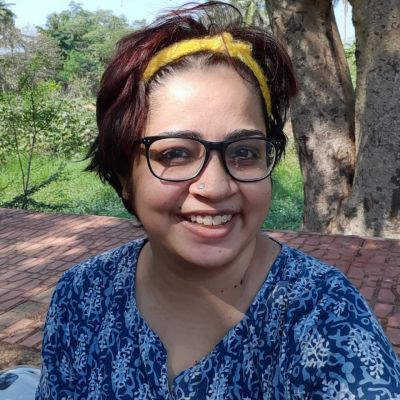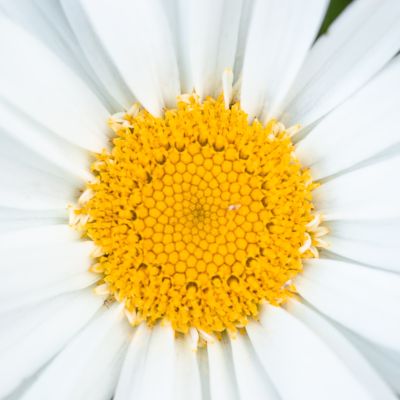Disability
The novel turns the idea of masculinity on its head through the story of Brit, a boy who is as sharp as he is fragile. Born with osteogenesis imperfecta, Brit’s bones break easily, but his spirit doesn’t.
The relationship with my body is so fragmented that there’s not a primary “real” me, and that’s also how I locate queerness within disability.
The larger question is, who gets to bring all of themselves to the workplace, and who is either not allowed, or feels scared, or is bullied for doing so?
At TARSHI, we see queering as more than just an adjective; it’s a verb, an action that involves questioning accepted…
I see people and places,
Couples and crushes
I hear giggles and whispers.
These are the secrets untold to me.
If you were the CEO of a company and your office were on the 40th floor of a building in…
We had gathered to [discuss] digital self-determination for people with disabilities… focusing on its core component: the self. How can I be myself in digital spaces? What gives me more of a sense of self in these spaces? How can design, technology and policy contribute to helping me determine myself in digital spaces?
The linkages between access, health, violence, the law, workplaces, gender and sexuality are really high and that’s why we all today—whether we are working on street accessibility, education, disability and employment—need to bring and build our collective understanding around gender and sexuality, keeping it at the core of our work with people, youth, and women with disabilities.
Many disabled people in India live with their parents and any expression of sexuality is suppressed as a rule within the confines of their homes. Sexual desires of persons with disabilities are seldom a priority issue for families or civil society. More is said through silence than words. Be grateful that you are alive. Isn’t that enough?
Self-care is influenced by the environment we inhabit, the way we relate to others, the way we negotiate with other living beings or structures. Self-care is also interlinked with other types of care – whether that is in community resources, psychosocial support, engagement with medical and health care institutions, and of course in collective agency and solidarity.
The artwork with its process video titled ‘Unmaking of a Calendar’ is an attempt to challenge the ableist lens through which we observe accessibility to sexuality.
Who is this that works my hand?
Who is this that moves my pen?
Touch is a beetle creeping on this foreign thing
That wears my body like an evening.
To chase down our own vulnerabilities around sexuality is a short run around the corner, five minutes ago, last night sleeping alone, with a lover, a partner who lost interest, the Insta post that leaves you feeling you’re not good enough for the hug, the kiss, the cuddle and are you perhaps the A of LGBTQIA+?
ऐसी जगहों की बहुत कमी है जहां विकलांगता के साथ जी रहे लोग अपने यौनिक अनुभवों या यौनिक जिज्ञासा के बारे में खुलकर बात कर सकें। खास तौर पर विकलांगता के साथ जी रहे युवाओं पर हर वक़्त निगरानी रहती है जिसका मतलब है कि वे यौन अनुभवों से वंचित रह जाते हैं और अपनी यौनिकता को समझ नहीं पाते।
Mental health, much like physical health, is a state of wellbeing and not just the absence of disease or infirmity….

